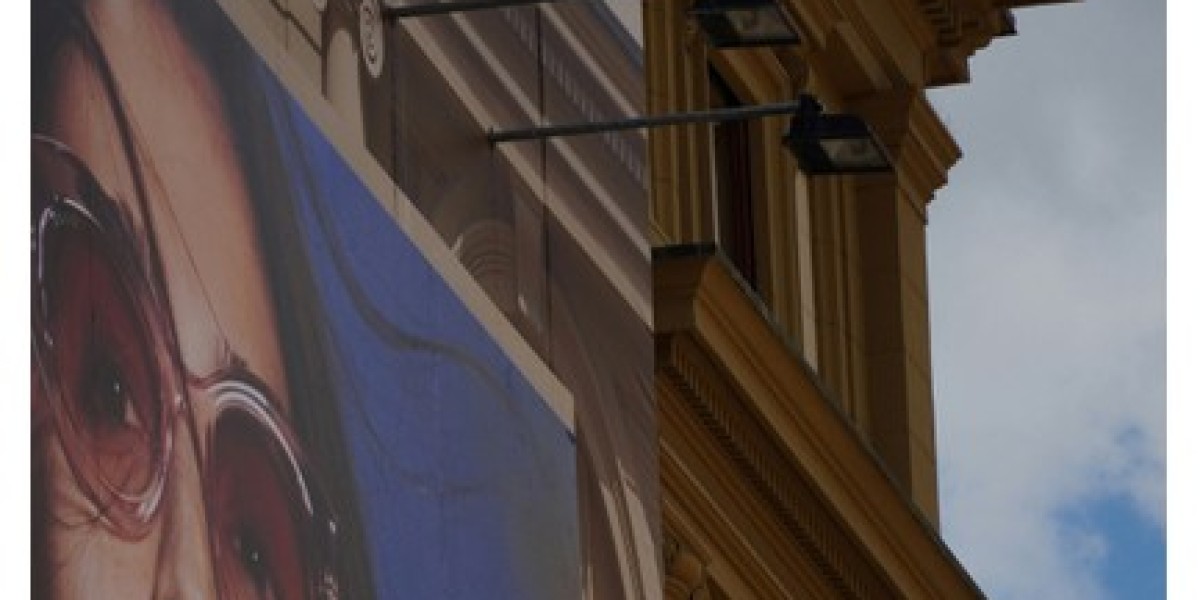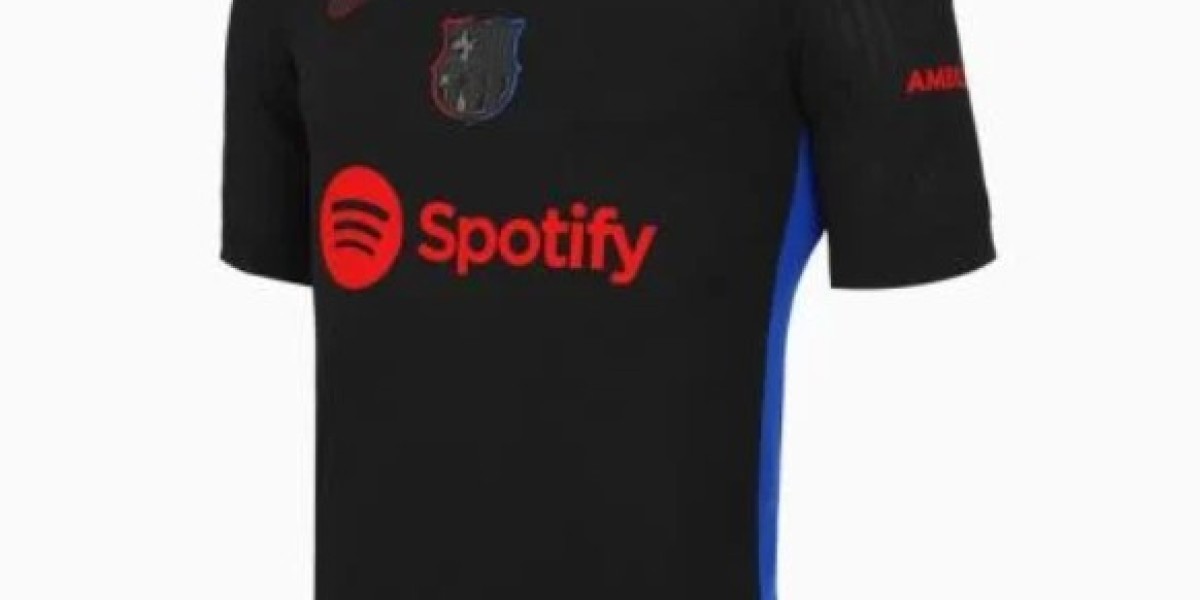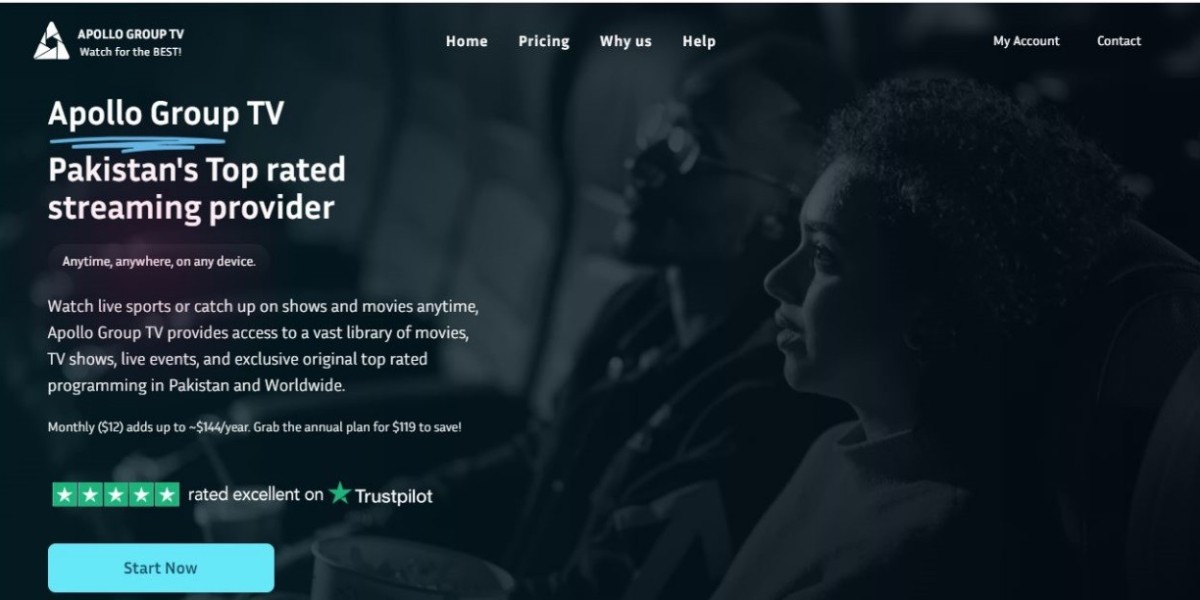There has been no shortage of evidence lately of the nearly three-year “time of plenty” for luxury brands having firmly come to an end. While 2023 proved a record year for the personal high-end goods market, when it exceeded €1.5 trillion, the leading management consulting firm Bain & Company recently revealed there had been a 1% to 3% decline on a year-over-year basis.
This situation can be blamed on various disruptions – not least the impacts of ongoing wars around the globe, as well as a generally volatile economic picture, but also changing expectations among consumers.
One thing that should not be in doubt, however, is the enormity of the present situation, and the challenges that luxury brands face in trying to overcome it.
In the words of Federica Levato, Senior Partner and co-author of Bain & Company’s Worldwide Luxury Monitor: “We are in a moment of great macroeconomic uncertainty at a global level… it’s the first time in history that the worldwide economy has this level of uncertainty throughout the globe.”
Big names in luxury reaped rewards after the pandemic – but the comedown is here
Ms Levato pointed out that the personal luxury goods sector had enjoyed a period of “relentless consumption” that needed to be acknowledged.
She observed: “During COVID, there was $3 trillion in savings that was then spent over the last couple of years in the luxury industry. There has been a bit of normalisation of consumption after the acceleration post-COVID.”
Another well-placed commentator to have weighed in lately on the subject of luxury brands’ heightening concerns was Marie Driscoll, Adjunct Professor at Parsons The New School.
The noted expert on luxury goods, fashion, and retail said in an interview with Retail TouchPoints that consumers now prioritised “value” and had been “selective and choiceful in their spending across staples, discretionary and luxury products and services.”
She went on to observe that market-level shifts were changing the behaviours of consumers, and ultimately affecting how high-end brands performed in and marketed to specific territories.
She said that in a luxury market that was “more dynamic today than during any period” – technology and transparency having helped bring about improved brand awareness and access – there was “growing sentiment for individual self-expression and less about logos from luxury brands.
“Brands have to provide truly compelling product and brand messaging to convert”, Professor Driscoll added. Such advice serves as an urgent reminder to high-end, lifestyle, and fashion businesses that they must respond to customers’ demand for greater value and more relevance across product, marketing, and overall brand positioning.
Join forces with Skywire London to put your brand on an advantageous route to growth
These words of advice from the experts must be heeded over the months and years to come by brands that have serious ambitions of not merely surviving, but also thriving. Vital to the realisation of such aspirations for growth, will be the consistent delivery of digital excellence.
Our creative and digital experts at Skywire London can assist with exactly that objective, as we have done for so many other brands with distinction since 2004.
To learn more about the primary role our leading marketing agency for luxury brands can play in fuelling your own business’s online growth, please contact us.



